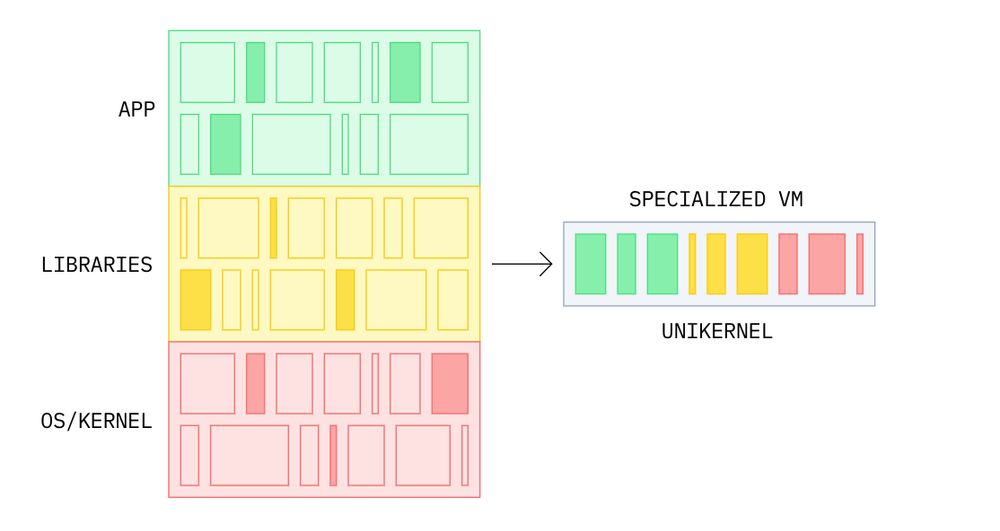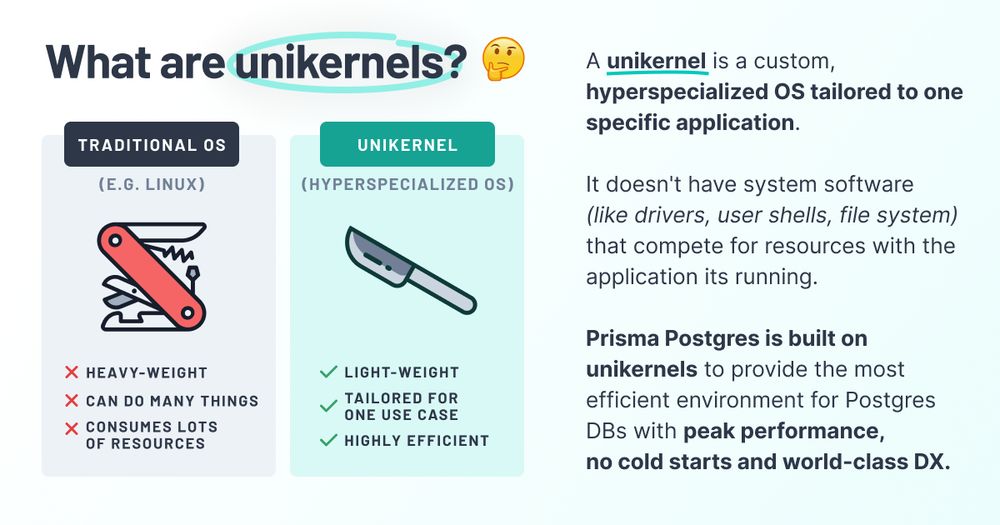Johannes Schickling
@schickling.dev
2 months ago
💬 0
♻️ 0
❤️ 0
At Tuist, a significant focus is making a team's Xcode configuration easily understandable using web technologies. Interpreting errors and warnings in CI logs, .xcresult, and .xcactivitylog files is not intuitive, which complicates enhancing the development environment. Val Town has always been inspired by @glitch.com - they paved the way for zero-config instantly-edited websites. It's a bummer that what brought so many people joy and was a great community for diverse communities is coming to an end
So: where does Val Town fit into this?
blog.val.town/glitch 💜🐟 wait so microsoft got a big press hit for open sourcing the vs code copilot extension, and simultaneously released a new closed-source postgresql extension, and got positive buzz for both? sorry folks, you are all falling for it again and again
Are you going to @localfirstconf.com next week? Let me and @tldraw.com buy you a drink lu.ma/9retr938 minimalism is good, you don't see that much anymore
I wonder if breaking from React will mean React Components 🙃
relatedly i'm just like 100% not sold on RSC and pretty sure it's where i drop off from defaulting to react
We made the Tuist dashboard public because we deemed important that people could check what they’d have access to with real data and without having to create an account.
kinda think that the last few years of web framework tech has been rocket-ship growth for weirdo complexity and stalling-out of real improvements
react router 7 is turning me into the joker unfortunately
"Request a demo" feels like such a broken pattern. Let me see the actual product without signing up or starting a trial. That's why we've made our Tuist dashboard public, so it's accessible by everybody, immediately.
Did you know you can see the actual live Tuist dashboard that we use for developing the "tuist/tuist" repository, experiencing all the dashboard features that we offer, like bundle analysis, previews, or build insights?
Just click here and explore 👉 tuist.dev/tuist/tuist Your local Postgres Docker container watching you run `npx prisma dev` without needing it 👇 
This starts in a few minutes:
lu.ma/rs04eehf It’s the first time we are doing this so we’ll see how it goes 😃. We noticed video is becoming the norm to share updates, so we thought: why not trying the same format ourselves?
Today, we're coming together to discuss Tuist's latest improvements and future plans! Tune in at 15:00 CEST or catch the replay later: lu.ma/rs04eehf 🤓 If you've gotten curious about the Prisma Postgres technology stack and want to learn more, check out this technical deep dive into how Prisma Postgres is built!
pris.ly/life-of-ppg... 🤔 So, if unikernels are that much better — why doesn't everyone use them?
TLDR: Unikernels are *very* new! That's why we teamed up with a team of unikernel experts @UnikraftCloud and developed Prisma Postgres together 🤝
pris.ly/ppg-early-a... 🤺 Postgres then competes with the OS for these resources, making it slower and less efficient.
That's why on conventional machines, you can usually only fit a handful (or maybe a few dozens for larger machines) of Postgres instances.
A unikernel machine can fit millions! 🤯 The problem with running Postgres on a traditional OS is that the OS has lots of system software (drivers, user shells, file system, and much more ...) that isn't actually needed by Postgres.
😵 BUT this system software still consumes resources (CPU, memory, disk space, ...). This custom OS is called a "unikernel".
Here's an analogy:
🇨🇭 Swiss army knife = traditional OS (heavy, cumbersome to carry around, can do many things)
🔪 Scalpel = unikernel (lightweight, efficient, tailored to one specific use case) 
⚡️ "Prisma Postgres is built on unikernels"
What does that even mean? And why is it better than other DBs?
Let's break it down! 👇
Prisma Postgres doesn't run on a traditional OS (like Linux). Instead, it runs on a custom, hyperspecialized OS that's tailored to its needs. 